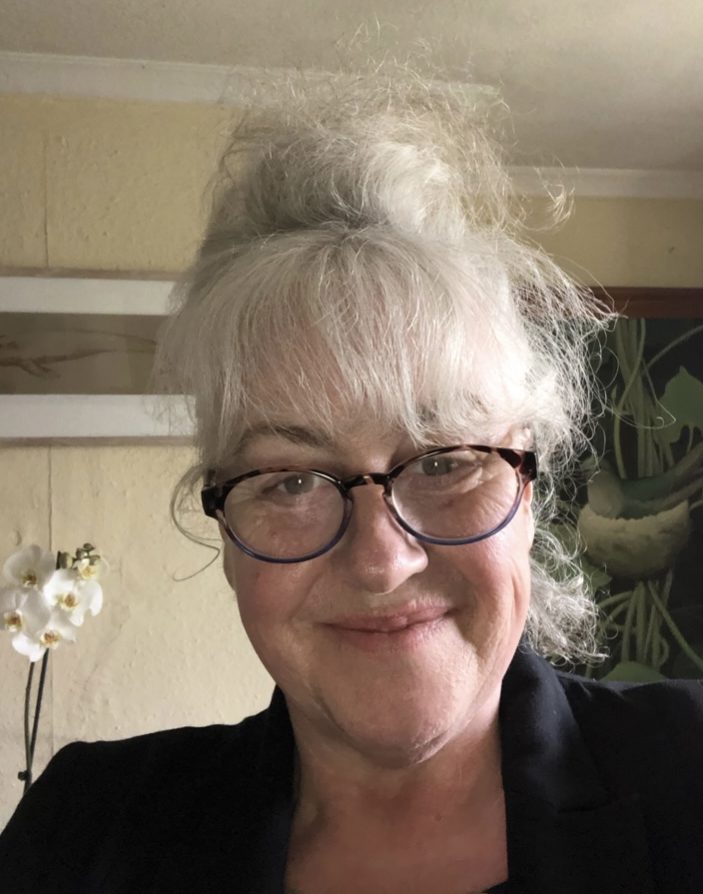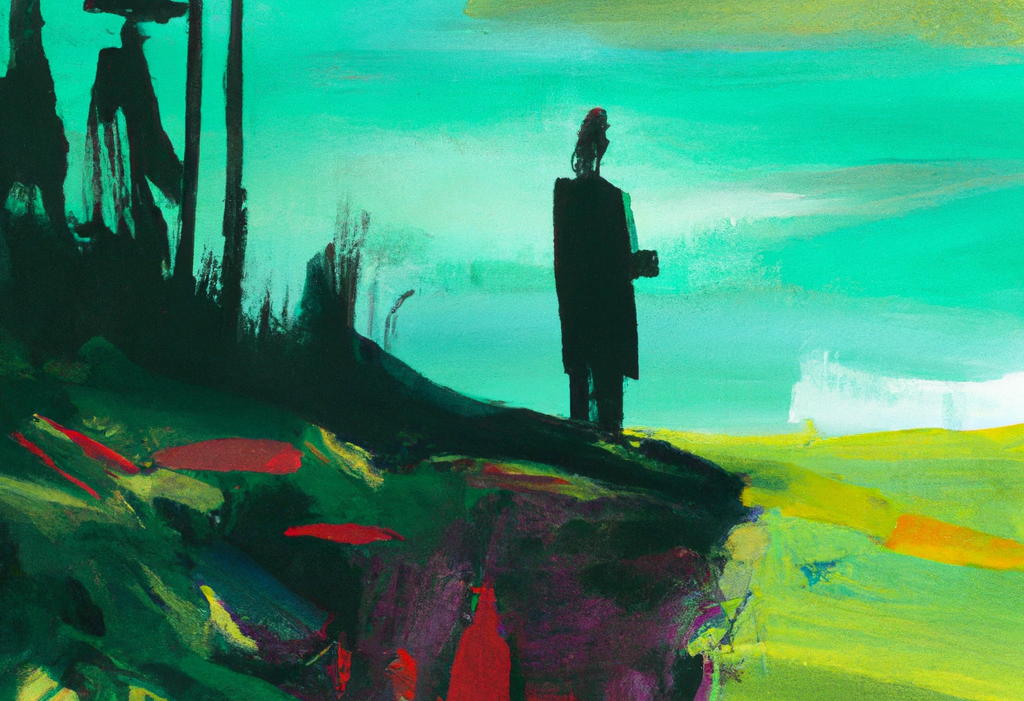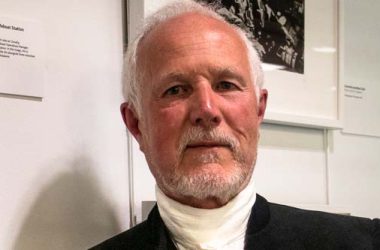Rising sea levels, emissions and enormous waves are some of the impacts of climate change. Emotions run high off of stories of doom and gloom as anxiety and frustrations fester. This has led to various conversations around the term eco-anxiety, a fairly unfamiliar term, but prevalent nonetheless.
What’s eco-anxiety? Climate researcher Caroline Hickman explains it as a range of emotions of despair, anger, distress, frustration characterised by a feeling of relational betrayal and injustice towards issues of climate change and people. It starts with anxiety towards climate crises and then develops into lots of complex feelings. It’s only an emotional and mental response to environmental issues. It is not a mental illness, she says, it is not a pathology.
James Diffey who specialises in Climate Change Emotions at Imperial College London says, “Eco-anxiety can affect anyone really, some groups may be more vulnerable than others. For example, young people are often more concerned about this, than most groups, because they see content about climate change on social media and it can be very triggering. It is a conversation about their future and they can feel overwhelmed and powerless because they cannot effect the change they need. They can struggle to feel optimistic.”

“It’s healthy to feel worried about this. It’s a sign of mental health not mental illness. What could escalate it could be when we look around and see other people not taking action. Seeming indifferent, not worried, not caring about plastic, they carry on flying, it can start to feel like you are the only one who cares and why don’t they care? It’s a mixture of relational betrayal, relational difficulty, where you think if everyone was taking action we could change the climate situation which would be correct.” she adds.

Caroline also addresses the similarities and differences between different groups of people affected by eco-anxiety “There’s more similarities than differences between those whom it affects. The ability to do something about it, for example people in western countries have got more capacity to act on this, while people in other countries may feel powerless because there’s less economic power. Especially in countries where you’re struggling financially, you are less likely to have the space to feel eco-anxiety, your anxiety would be much more generalised. In countries like China and Nigeria, people are afraid to protest because of backlash and it may be dangerous to protest.”
For long lasting solutions and coping with eco-anxiety, I spoke to Francesco Tamilia, who is an environmental policy analyst, he had this to say, “Taking part in climate action can alleviate those fears, those feelings, getting involved with organisations and local communities to support and contribute and going to therapy also helps. The Government should contribute by having a health professional trained to support those dealing with eco-anxiety and a lot more research needs to go into the subject matter, there is really not much information on that.”
On finding ways to protect against eco-anxiety, Caroline Hickman says, “I don’t want you to get rid of the emotions, I want you to feel it. It’s okay not to feel okay about climate change. Eco-anxiety is a sign of mental health, so you don’t want to get rid of it. You need support, global climate alliance, climate cafes. You want to be sharing your feelings with other people who feel similarly. You don’t want to be feeling it on your own. Increase eco-anxiety in politicians and world leaders then things would change, so vote and lobby. It makes perfect sense to feel upset, now channel that feeling to positive action.”
Collectively we have a responsibility, a duty of care. If we change our attitude to that then it will reduce our anxiety. We are anxious because we have exhausted our planet’s resources, and we must utilise this anxiety to make the necessary changes.
The featured image was generated with DALL-E 2








